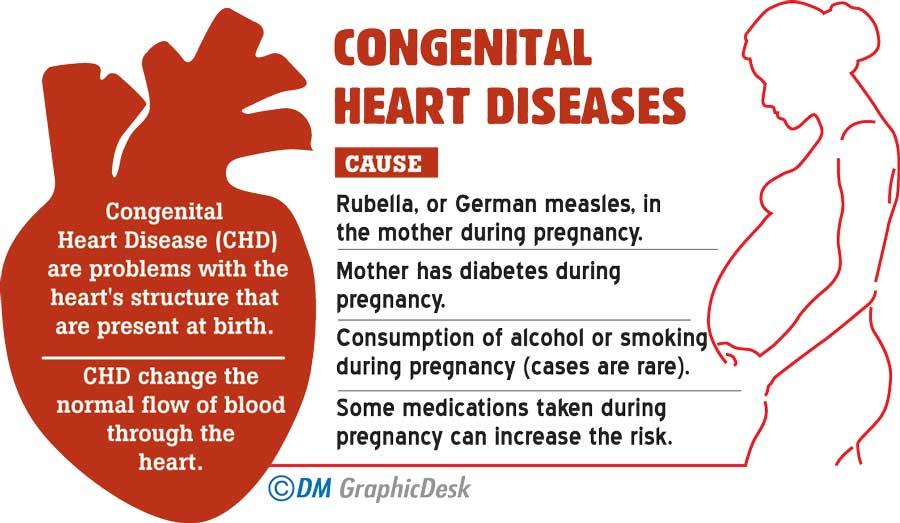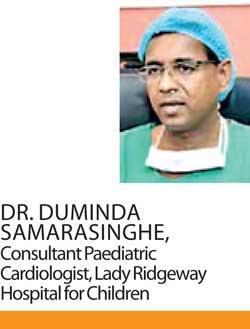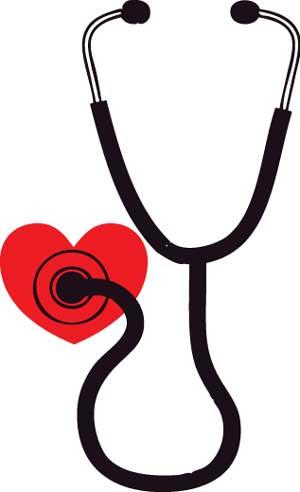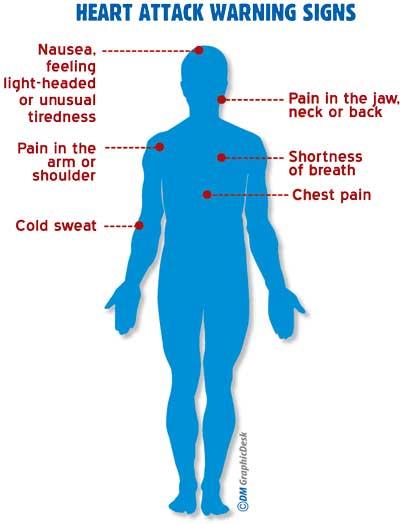27 Sep 2019 - {{hitsCtrl.values.hits}}

 It is not wrong to say that the heart is life. As long as it keeps beating one is able to enjoy life. The moment the heart stops so does life. Unfortunately, there are many health challenges that pose a threat to the smooth functioning of this very vital organ. Some are preventable, some are not. World Heart Day is just around the corner (September 29) hence it is quite the appropriate time to have a heart to heart on cardiac health. Dr. Duminda Samarasinghe, Consultant Paediatric Cardiologist, Lady Ridgeway Hospital for Children, speaks to the Heath Capsule on heart health and other related concerns.
It is not wrong to say that the heart is life. As long as it keeps beating one is able to enjoy life. The moment the heart stops so does life. Unfortunately, there are many health challenges that pose a threat to the smooth functioning of this very vital organ. Some are preventable, some are not. World Heart Day is just around the corner (September 29) hence it is quite the appropriate time to have a heart to heart on cardiac health. Dr. Duminda Samarasinghe, Consultant Paediatric Cardiologist, Lady Ridgeway Hospital for Children, speaks to the Heath Capsule on heart health and other related concerns.
Statistically it has been estimated that a significant one fourth of all deaths in the country are attributed to heart diseases. From congenital heart diseases in childhood and adult heart diseases which develop with age to rheumatic heart diseases which can affect both the young and old, cardiac complications take on many forms and can plague a person at any stage of life.
Know your opponent
It is important to understand the forms of cardiac diseases which make it easier to acknowledge their severity and thereby the public would pay more attention and interest to prevent such conditions.
“Congenital heart diseases are acquired by birth and detected after birth. A suspected patient should be directed for medical attention for diagnosis. If conditions are deemed severe they are directed towards a paediatric cardiologist who diagnoses the patient using an echocardiogram which is quite capable in detecting heart lesions from birth,” stated Dr. Samarasinghe. While two thirds of congenital heart diseases need surgical intervention the remainder is categorized as insignificant lesions that are not cause for alarm and do not hinder the ability to lead a normal lifestyle.
Adult heart diseases are grouped as myocardial infarctions commonly known as heart attacks. “There are three blood vessels that supply blood rich in oxygen to the heart. With age and other risk factors, a block could develop within these vessels depriving the cardiac muscles of oxygen which could result in fatal consequences if the block is not treated in time as heart muscles would die due to lack of oxygen. Therefore, surgical intervention is necessary,” he explained. While echocardiograms maybe used for assessment of the condition, other diagnostic procedures are followed as well. This includes ECGs (electrocardiograms).
The third category of heart diseases is rheumatic heart disease which is not prominent in the country though it is existent. According to Dr. Samarasinghe, this complication reflects a downward trend within the island. Residents of under privileged localities suffer the probability of victimization to rheumatic heart disease.
However, patients occasionally emerge from urban areas as well. It is a bacterial infection (streptococcal) which elicits an immune response which ultimately affects the heart. “It is important to note that not all patients infected by this bacterium are susceptible to rheumatic heart disease. There is no diagnostic measure to determine this condition. The condition is detected by various criteria available.

A patient infected only once with streptococcal infection is not under risk. However recurrent infection is problematic. They should be treated in the form of an injection every 3 weeks up to 42-43 years. This condition affects the valves of the heart,” he informed. While valves can be artificially replaced this itself poses a few complications. Leakages, blood clot formations on the metallic valves and the necessity of drugs to prevent such situations are a few. Therefore taking precautionary measures to prevent such infections is the way to go.
Consequential complications
When treatment is not sought on time, patient becomes incapacitated. Health complications become more symptomatic which could result in heart failures, pulmonary hypertension, lesions, becoming blue. In short fatality is aggravated.
“There is a myth commonly existent among the public that if the child is active and runs around without suffering from breathlessness, the child does not suffer from heart illnesses.
This myth is false and prevents patients from timely diagnosis and treatment. Parents should direct their children to seek immediate medical attention on first sight of warning signs,” stressed Dr. Samarasinghe. While difficulty in breathing, shortness of breath are signs of heart complications, symptoms are not always restricted to just these signs. Recurrent infections, sweating, poor feeding, poor weight gain and blue coloration of fingers, tongue and lips are some of the telltale signs as well.
Dr. Samarasinghe stated that the major problem in adult heart disease is that patients do not seek treatment on time. “It is of utmost importance that they seek medical attention as early as possible to treat the blocked vessel so that the patient can go back to leading a healthy and normal life without any restrictions. However, if treatment is sought late, patient may end up with a dead cardiac muscle in the heart which may impose long term consequences later on,” he warned.
Healthy practices, healthy heart
95% of the time, congenital heart diseases cannot be prevented. Nevertheless, there are steps that people can take to reduce the risk of giving birth to infants with congenital heart diseases. The heart of the infant in the mother’s womb is developed in a complex manner. A slight error in any stage can result in a faulty heart. “As prevention measures one may consider to complete a family within the age gaps of 20-30 which is considered the best age to give birth.

The older the mother gets, the higher the risk of giving birth to children with Down syndrome. 40% of Down’s patients suffer from heart disease as well. This creates a double burden. Therefore, it is recommended that a woman should give birth within 20-30 years of age. Refraining from smoking and alcohol during pregnancy is advised though this is not common in Sri Lanka. The mother needs to stay clear of unnecessary drugs and viral infections that could have adverse impacts on the unborn child,” advised the Paediatric Cardiologist.
As for adult cardiac conditions, the main risk factors are diabetes and obesity. Obesity is especially an increasing problem among children. It is important to consider good health habits and improve lifestyle habits to elevate the quality of life. These are obvious factors that everyone is aware of but never practice. It includes healthy diet, exercise and maintaining a fit physique, good sleep patterns and plenty of rest.
A generous heart can create hope for another life
World heart day raises the occasion of not only creating awareness on the importance of safeguarding the health of one’s own heart but also highlights the value of life in general. Ona final note Dr. Samarasinghe mentioned that as human beings, people must help one another to lead healthy and happy lives. More than 3000 babies are born with heart diseases annually in the island.
Unfortunately, more than 1500 children die due to lack of facilities for treatment. With the aim of addressing this grave issue, the Sri Lanka College of Paediatricians has initiated Little Hearts, a national fund raising project to build a cardiac and critical care complex at Lady Ridgeway Children’s hospital. Join their quest in saving these young lives and lend a hand towards creating hope for life.

22 Dec 2024 9 minute ago
21 Dec 2024 21 Dec 2024
21 Dec 2024 21 Dec 2024
21 Dec 2024 21 Dec 2024
21 Dec 2024 21 Dec 2024